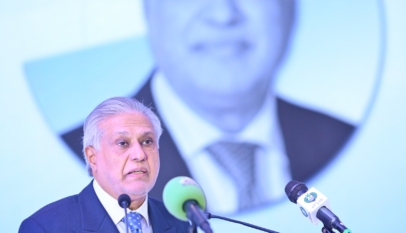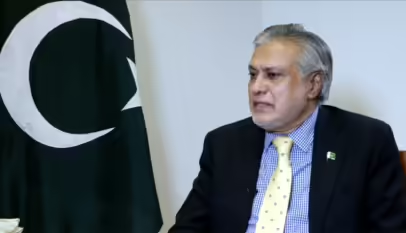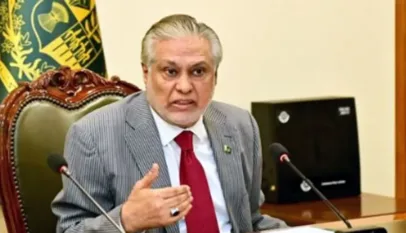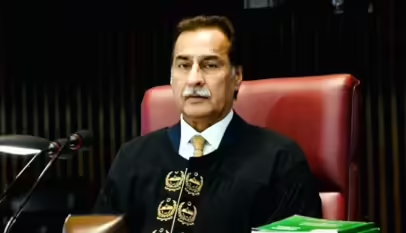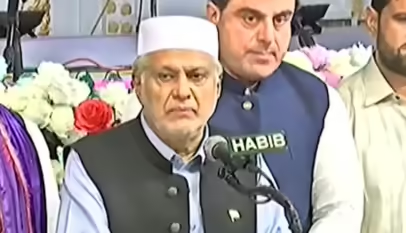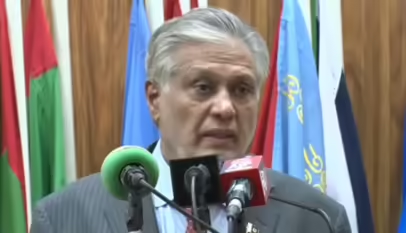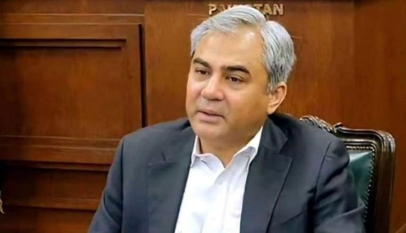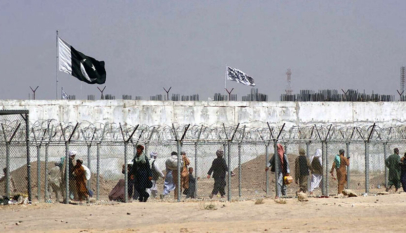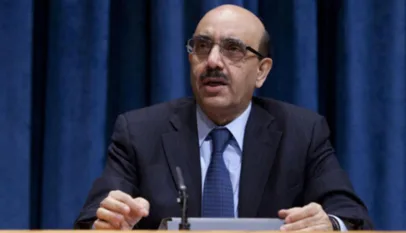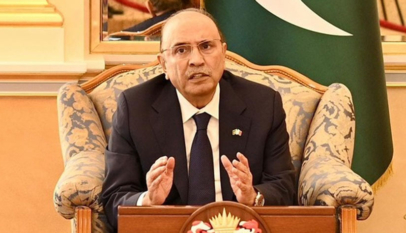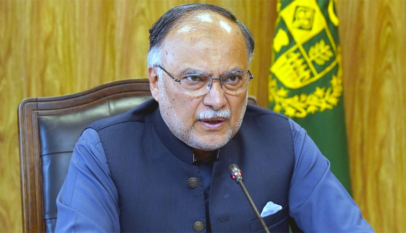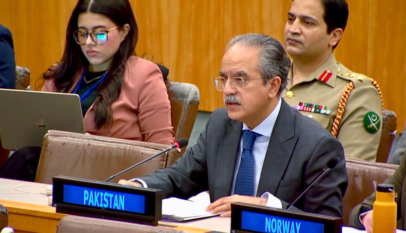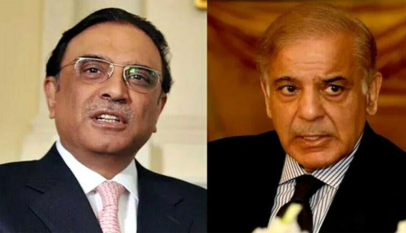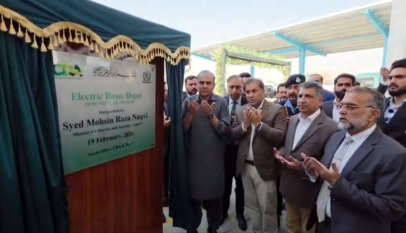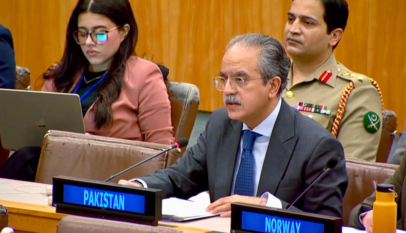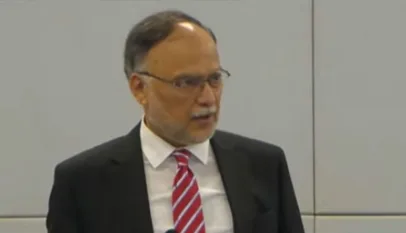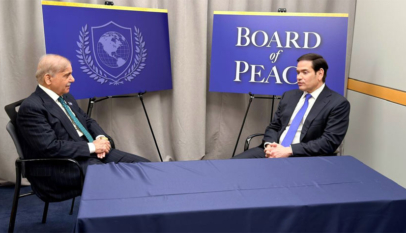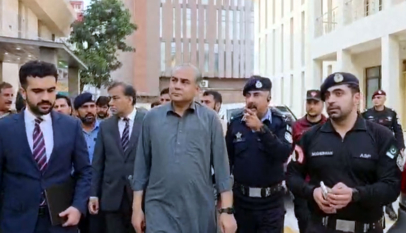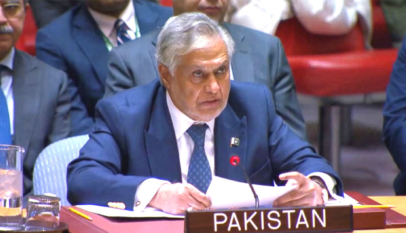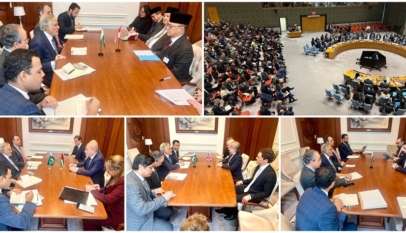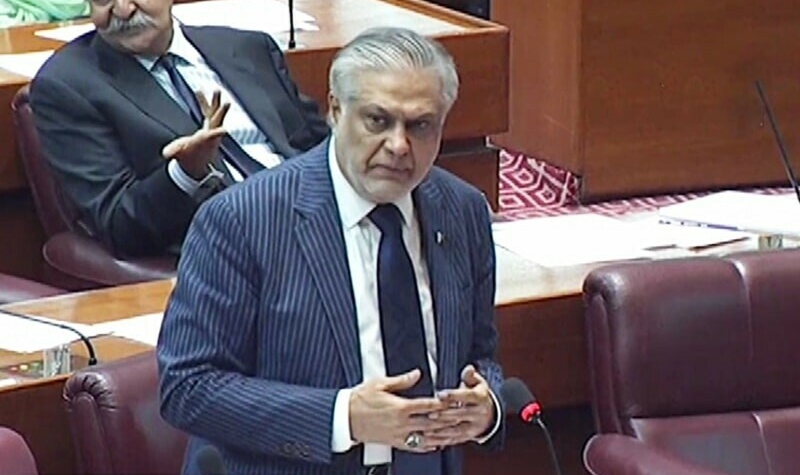
The National Assembly on Sunday passed the Finance Bill 2023 with certain amendments to give effect to the financial proposals of the federal government for the year beginning on the 1st July, 2023.
Having a total outlay of 14.48 trillion rupees, the budget 2023-24 focuses on economic stability, sustainable and inclusive growth as well as curbing inflationary pressures.
The budget envisages the federal Public Sector Development Programme (PSDP) worth 1150 billion rupees, which is the highest ever in terms of its size, reflecting the government’s commitment to improve people’s standard of living.
The economic growth of 3.5 has been targeted for the next fiscal year. The revenue collection target of FBR has been revised up to 9.415 trillion rupees.
The budget encompasses special initiatives for the uplift of agriculture, industries, and IT sectors, besides, relief for various segments of society including the salaried class. Agriculture credit limit has been enhanced from 1800 billion rupees to 2,250 billion rupees. Thirty billion rupees have been earmarked for shifting fifty thousand agriculture tube wells to solar energy. He said all taxes and duties on import of quality seeds have been abolished.
Under the budget, the IT and IT-enabled service providers have been allowed to import software and hardware equal to one percent of their exports without any tax. The limit of these imports will be fifty thousand dollars annually.
Ten billion rupees have been earmarked for the Prime Minister’s Youth Business and Agriculture Loans scheme.
The budget also includes 35 percent ad-hoc relief allowance for the employees of grade 1 to 16, while 30 percent ad hoc relief for the employees of scale 17 and above. The pension has been increased by 17.50 percent. The minimum wage has been increased to 32000 rupees from 25000 rupees.
Besides, 1804 billion rupees have been set aside for defence affairs and services.
The House also passed “The Election (Amendment) Bill, 2023” to further amend the Election Act 2017.
The bill has already been passed by the Senate.
Speaking in the National Assembly after the passage of the Budget, Finance Minister Ishaq Dar said it envisages concrete measures to put the country on the path of development.
The Finance Minister said the country has achieved economic stability to a great extent as a result of the political sagacity of Prime Minister Shehbaz Sharif. He said we put our political capital at stake to stabilize the economy.
Ishaq Dar thanked the Prime Minister and the cabinet members for their guidance on the budget priorities. He also expressed his gratitude to coalition partners and the Parliamentary Leaders for their support in the passage of the budget.
On the occasion, the Finance Minister announced an honoraria equivalent to three month basic pay for the employees of National Assembly, Senate and all the other departments who performed duties in the Parliament House during the budget session.
Defence Minister Khawaja Muhammad Asif expressed the confidence that the deal will be struck with the IMF which will bring back economic stability.
Taking the floor, Minister for Human Rights Riaz Hussain Pirzada was appreciative of the government for announcing various incentives for the farmers, saying it will help uplift the agriculture sector.
Minister for Climate Change Sherry Rehman said priority has been given in the budget for the reconstruction and rehabilitation of flood affected areas. She, however, regretted that the world has forgotten those affected by the disaster in Pakistan last year. She said Prime Minister Shehbaz Sharif fought the case of climate justice at a conference in Paris.
The House has been adjourned to meet again on the 17th of the next month at 5 p.m.


